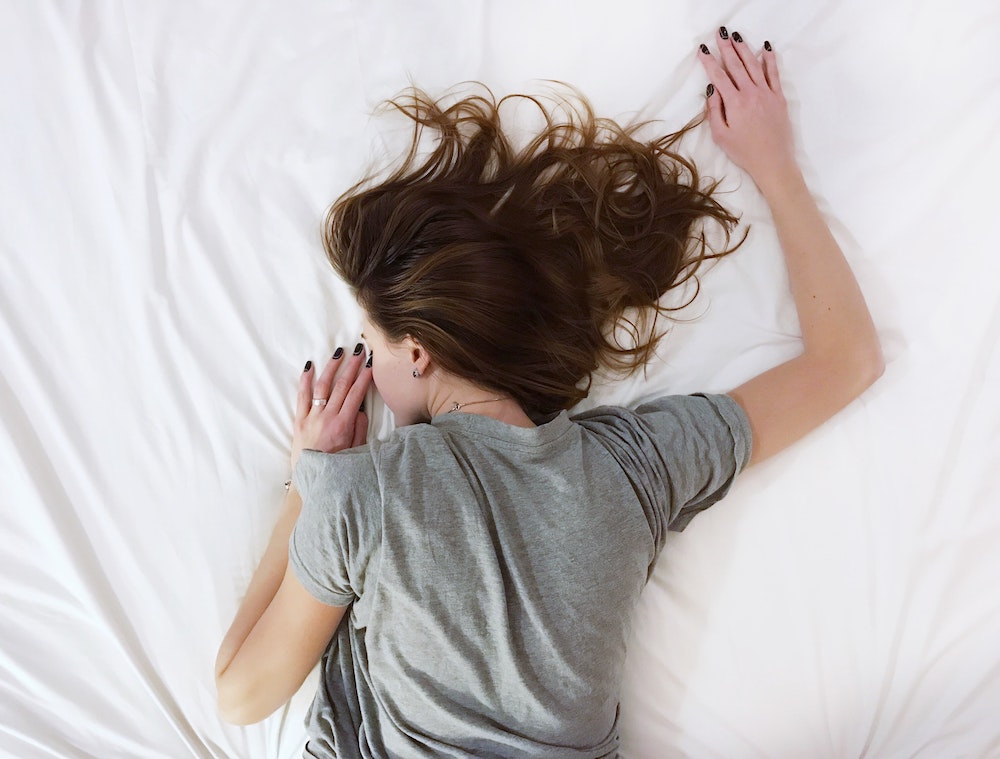Why Can’t I Sleep at Night? The Top Reasons
Are you struggling to get enough sleep at night? If so, you’re not alone. Many people find themselves lying awake in bed, tossing and turning, unable to drift off into a peaceful sleep. In fact, over one-third of the US adult population sleeps less than the recommended 7 hours per night, and half of all Americans report feeling tired and sleepy during the day.
In this blog post, we will explore the top four reasons why you may be having difficulty getting adequate sleep. So, if you’re ready to finally get a good night’s sleep, read on to learn more about how to get back to a healthy sleep schedule.
You’re Too Stressed
Stress is a normal part of life, but chronic stress can have an adverse effect on your sleeping habits. When you experience stress, your body releases a hormone called cortisol. Cortisol helps your body cope with stressful situations, but it can disrupt your normal sleep cycle.
Chronic stress can also lead to feelings of anxiousness and worry, which can make it even harder to relax and fall asleep. So, it’s important to equip yourself with effective stress relief methods, which can be part of your bedtime routine, such as aromatherapy and meditation.

You Haven’t Told Your Body It’s Time to Sleep
When trying to understand why you can’t sleep at night, it’s important to consider the role of melatonin. Melatonin is a hormone naturally produced by the body that signals it’s time for sleep. Without enough melatonin, you may struggle to fall asleep and stay asleep at night.
The release of melatonin is triggered by darkness. This response is known as the circadian rhythm or the sleep-wake cycle. However, modern life has introduced a whole range of factors that can disrupt this cycle, preventing the body from releasing enough melatonin to signal it’s time for sleep.
Common culprits include exposure to blue light from smartphones and laptops. But you can complement your diet with melatonin supplements or even look for melatonin ingredients in your skincare products, such as this moisturizing melatonin lotion. These will increase the presence of melatonin in the body.
You Love Coffee Too Much
Caffeine is a stimulant and has been linked to insomnia and other sleep disorders. When you consume caffeine, it takes longer to fall asleep and reduces the quality of your sleep. Additionally, the effects of caffeine can last up to 8 hours, making it difficult to wind down at night.
It is recommended that adults should not have more than 400 milligrams of caffeine per day, which is equivalent to about four cups of coffee. If you’re having trouble sleeping after consuming caffeine, try reducing your intake or switching to decaf.
Your Lifestyle Is Too Sedentary
Physical activity is beneficial for overall health, but it also plays an important role in promoting better sleep quality. Regular exercise helps to regulate your body’s internal clock by producing hormones that help you to relax and wind down before bed. It also improves your cardiovascular health and decreases feelings of stress and anxiety, both of which can positively affect your sleep. Therefore, being physically active regularly can help you sleep better.
Our hectic lifestyle is having devastating effects on sleep quality. As more and more people complain about sleep deprivation, health risks increase. It’s time for a wake-up call on sleep!






